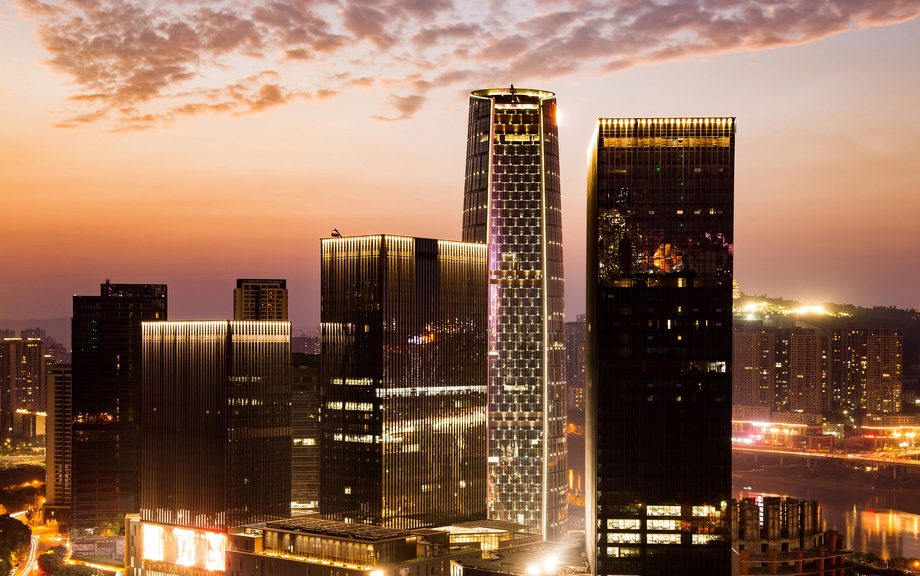Understanding the Risks of Purchasing Property in Dubai
Dubai’s real estate market is one of the most dynamic in the world, offering everything from iconic skyscrapers to tranquil beachfront properties. While the city is an attractive destination for investors seeking best luxury properties, it’s crucial to understand the risks involved.
Let’s explore these in detail.
Introduction
Why Dubai is a Top Destination for Property Investment
Dubai’s tax-free status, world-class infrastructure, and reputation as a global business hub make it a magnet for property investors. The city offers lucrative opportunities for buyers looking to tap into high rental yields and long-term value appreciation.
Growing Popularity of Best Luxury Properties
From waterfront villas to penthouses with panoramic skyline views, luxury properties in Dubai symbolize opulence and exclusivity. However, without due diligence, even premium investments can entail risks.
Common Risks in Dubai’s Property Market
Market Volatility and Economic Fluctuations
Dubai’s real estate market is heavily influenced by macroeconomic factors. For example:
Fluctuations in oil prices can impact investor confidence.
Global economic downturns often trickle down, affecting property demand. Investors must remain vigilant and consider long-term implications rather than focusing solely on short-term gains.
Regulatory and Legal Risks
Dubai’s legal framework is robust, but:
Foreigners can only buy property in designated freehold areas.
Misunderstanding ownership regulations or falling prey to unregistered brokers can lead to complications. To mitigate these risks, investors should verify property ownership laws and deal with Dubai Land Department (DLD)-registered agents.
Challenges with Off-Plan Properties
Investing in off-plan villas in Dubai is appealing due to lower prices and flexible payment plans. However:
Delays in project completion can disrupt investment timelines.
Developers may change project specifications, reducing perceived value. Conducting thorough checks on the developer’s track record can minimize such risks.
Risks for International Buyers
Currency Exchange Fluctuations
Currency exchange rates play a pivotal role in determining the final cost for international buyers:
A weakening home currency can significantly increase purchasing costs.
Unfavorable exchange rates may also impact potential ROI when selling or renting. Investors should work with financial advisors to hedge against currency risks.
Residency Rules and Visa Regulations
Owning property in Dubai doesn’t automatically guarantee permanent residency:
Property-linked visas are usually valid for a limited period and depend on the property’s value.
Investors may need to reapply or upgrade visas if conditions change. Understanding these nuances is critical before making a commitment.
Developer Credibility Concerns
Importance of Researching Developers
Not all developers deliver on promises. To avoid risks:
Review the developer’s portfolio and past projects.
Seek customer reviews and ratings to assess their reputation.
Ensure the project has an escrow account to safeguard your payments.
Navigating New Developments in Dubai
With numerous new developments in Dubai entering the market, choosing a reputable developer is vital:
Look for government approvals and DLD-registered projects.
Visit ongoing sites to assess quality and progress. Selecting the right project ensures better returns and peace of mind.
Risks in Financing and Payment Plans
Mortgage Challenges
Securing a mortgage as an expatriate can be tricky:
Non-residents often face higher interest rates.
Approval criteria may require a significant down payment or proof of stable income. Researching competitive mortgage options is essential to avoid excessive costs.
Understanding Payment Terms
Dubai developers often offer flexible payment plans, including post-handover options:
While attractive, such plans can strain finances if cash flow is tight.
Missing payments may result in penalties or loss of property rights. Always read the payment terms carefully and plan accordingly.
Market Oversupply
Impact of Oversupply on Property Prices
Oversupply in certain areas of Dubai can lead to:
Depressed property values due to excessive competition.
Longer selling or rental periods, reducing profitability. To counter this, invest in unique properties with high demand, such as waterfront villas or properties in prime locations.
Importance of Legal Assistance
Role of Property Lawyers
A property lawyer can help safeguard your interests by:
Reviewing contracts and ensuring compliance with local laws.
Negotiating favorable terms and identifying potential red flags. Their expertise can save you from costly legal disputes.
Understanding Your Contracts
Contracts in Dubai often contain complex clauses. Key aspects to check include:
Handover timelines and penalties for delays.
Maintenance fees and additional charges.
Exit strategies and refund policies in case of cancellation. Ensuring clarity in contracts prevents unpleasant surprises later.
Tips for Mitigating Risks
Conduct Thorough Market Research
A well-researched market approach can help you identify profitable investment opportunities:
Explore upcoming areas with high growth potential.
Consider properties that align with your investment goals, like luxurious off-plan investments for long-term gains.
Use Licensed Real Estate Agents
Working with licensed agents ensures:
Access to verified properties.
Professional guidance on market trends and negotiation strategies.
Protection from fraudulent deals.
Conclusion
Dubai’s property market offers incredible opportunities, but potential risks can’t be overlooked. From market volatility and regulatory complexities to challenges with off-plan properties, every investor should adopt a cautious approach.
By conducting due diligence, working with professionals, and staying informed, you can enjoy the benefits of investing in one of the world’s most exciting real estate markets.
FAQs
1. What are off-plan villas in Dubai, and are they risky investments?
Off-plan villas are properties sold before construction is complete. While they offer cost savings and flexible payment plans, delays or project cancellations pose risks.
2. How can I ensure a safe investment in new developments in Dubai?
Ensure the developer is DLD-registered, review legal documents, and work with a licensed real estate agent to avoid potential pitfalls.
3. Does owning property in Dubai grant permanent residency?
No, property ownership offers temporary visas linked to specific conditions. These visas are not permanent and require renewal.
4. Are luxury properties in Dubai a good investment?
Yes, investing in best luxury properties in sought-after locations can yield high rental income and long-term capital appreciation.
5. What legal documents should I review before purchasing property in Dubai?
Key documents include the sales agreement, title deed, developer approvals, and payment schedules. A lawyer can assist in ensuring their accuracy and compliance.
 :
https://in.pinterest.com/firstpointreal/
:
https://in.pinterest.com/firstpointreal/

